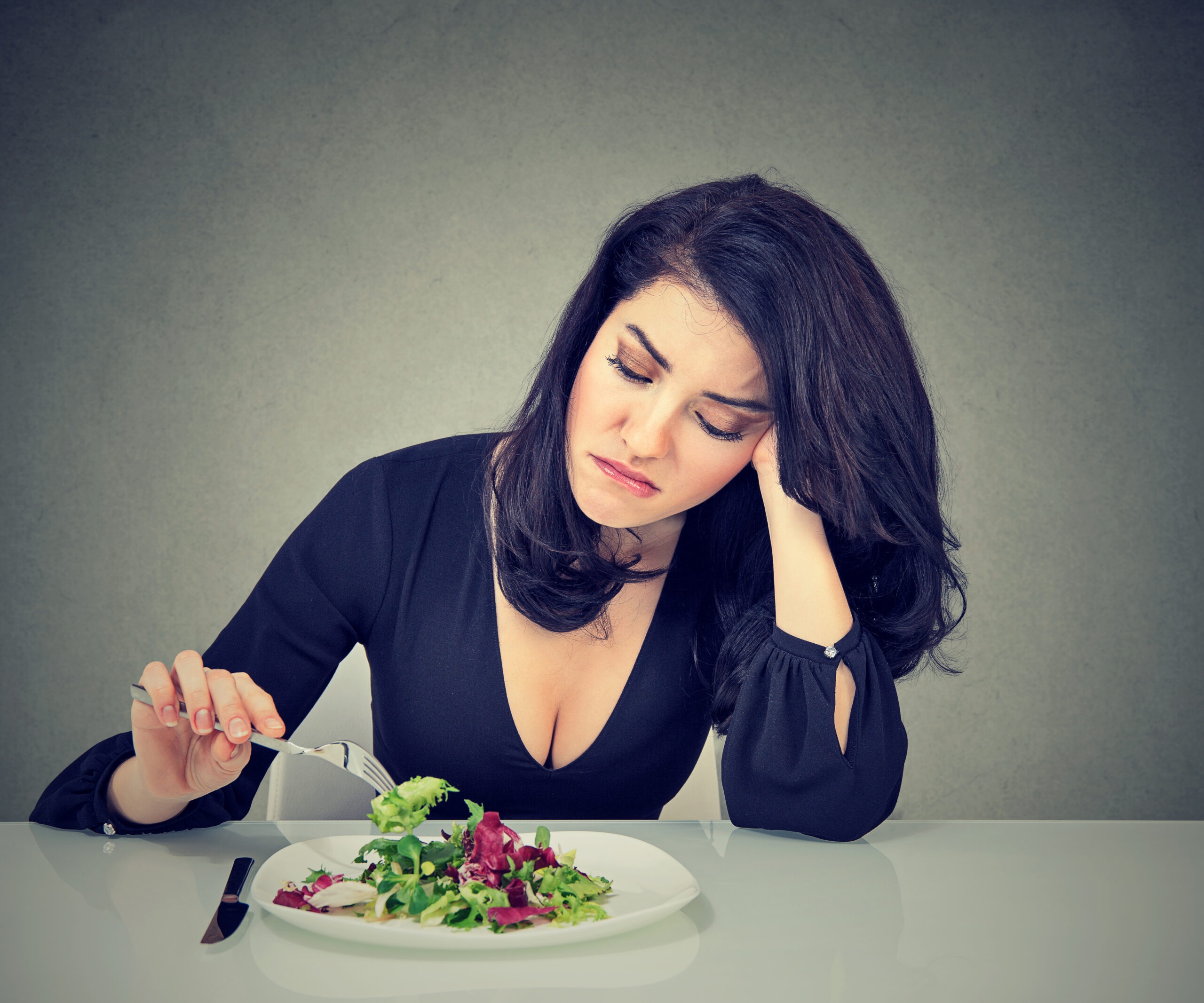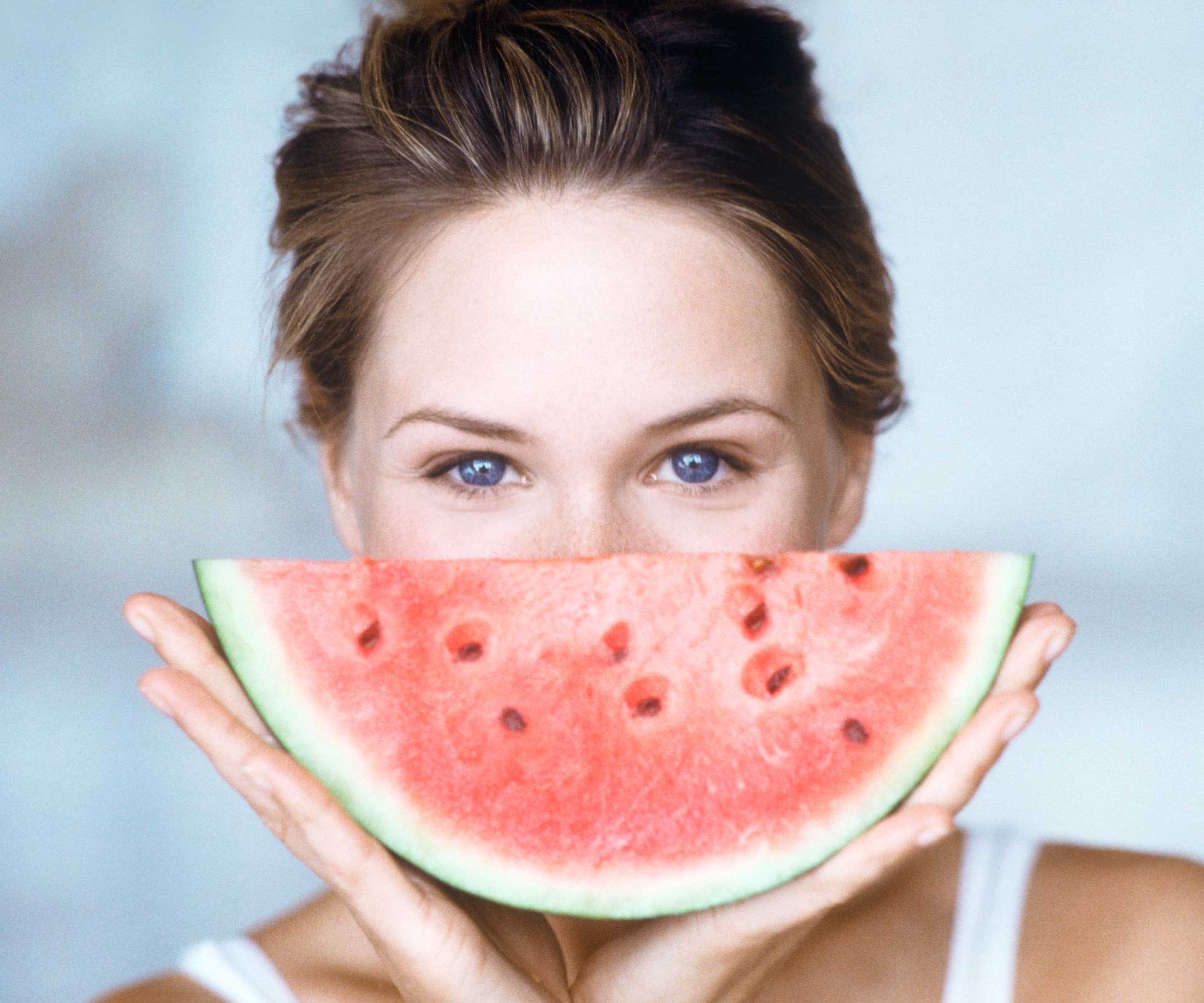When I was a kid my mum was always on a diet. There was the grapefruit diet, the phase where we all had to eat celery seeds with everything – like they in themselves were some kind of magic cure! Mum did Weight Watchers, low fat… and when anyone offered her cake it was always ‘oh no I’m watching what I eat’.
It seemed a pretty miserable existence and I was relieved when my parents told me I was skinny and “didn’t have to watch my weight”. (No judgement please, this was the seventies and they were very loving parents.)
By the time I got to my teens it was not only Mum – who still hadn’t lost any weight – but everyone around me that seemed to be on a diet. And now me too. I mostly just didn’t eat enough and was always tired, but a lot of my friends were cutting out fats or skipping meals or into fasting.
It wasn’t until years later when I started my own family and realised I needed to role model good eating habits that I began to comprehend just how unhealthy my relationship with food had become.
I had used food to reward myself, and equally, to punish myself. I had spent most of my life restricting and denying myself and had even made a pact with myself – because back then I was a smoker – that if I smoked then I wasn’t allowed to eat too much. Don’t ask me how I came up with that logic but I had figured out that if I was going to be a smoker then I also had to stay skinny.
I am relieved to say those days are behind me and that cycle has stopped with my kids.
Diets are still in vogue today (think the Keto diet or Dukan diet for 2018), but restrictive food regimes and cutting out entire food groups for the sake of slimming are now recognised by a growing number of nutritionists and dietitians as damaging.
They will tell you that diets set people up for a lifetime of failure and low self esteem, and potentially put them at risk of developing eating disorders and/or associated health problems.

Nutritionist Jessica Campbell from Body Balance Nutrition is passionately against any form of dieting, and doesn’t mince her words when she explains why:
“Diets are an absolutely dirty word for us here in practice. We work with men and women who have been seriously affected by years of yo-yo dieting… we know the harms and we aren’t willing to be part of that cycle.
“Diets don’t work and they fail for a variety of psychological and physiological reasons. The vast majority of dieting attempts (we are talking upwards of 95 per cent) fail long term.”
She says dieting often leads to more weight gain as well as lowered self-esteem.
“When we restrict our food intake the parts of our brain that are responsible for attention and reward are activated. This means we develop heightened reward systems for energy-dense foods. This is a super helpful adaptation in times of famine or scarcity, but to the dieter this leads to fixation on foods that are ‘not allowed’ and an increase in the likelihood of over-eating and ‘diet breaking’.
“Additionally, restriction and rules around food cause us to feel deprived. Resentment builds and after a period of ignoring a craving or ‘being good’ we end up blowing the diet off, binge-ing and then feeling terrible for being ‘bad’ with food.”

Rather than following regimented meal plans, rules and other external cues to eating, we need to be listening to our internal cues, Campbell advocates.
“We have a perfectly capable internal self regulation system that we’ve trained ourselves not to listen to! We no longer recognise or acknowledge our hunger, fullness and satisfaction cues around food.”
At Campbell’s practice she encourages clients to embrace intuitive eating – a non-diet approach to eating where you listen to your body and respond to hunger and satiety cues. Babies are born with this ability. They’re just often trained out of it by watching and learning from the people and influences around them.
When you listen to your body’s cues, this puts you “in the driver’s seat”, Campbell explains.
“You create a power shift in your relationship with food, and are able to make rational decisions around food. You decide when to say yes to cake and when to say ‘no I don’t feel like that right now’.
“No food is off limits and you learn to look at food through a new objective lens. You learn how to recognise different types of hunger, select foods that will satisfy and know how to stop eating when you’re comfortably full.”
Dr Libby Weaver advocates a similar message.
“Your own body is your best barometer, and we can’t be so attached to a [health trend or wellness label] that we miss the feedback from it,” she told Good Health Choices.
Dr Weaver’s rule of thumb for those who are feeling bamboozled by today’s abundance of diet advice is simple: “when it comes to food, nature gets it right and human intervention can get it really wrong.”
The wellbeing warrior says that having the right mindset is the most important wellness tool of all.
Hamilton-based nutrition coach Eugenia Nikiforow told NEXT, “The reason diets don’t work is because they focus on restriction – but as human beings we naturally seek pleasure and avoid pain.”
Although she does give food guidance to ensure her clients get adequate nutrients for good health, Nikiforow is less interested in what you eat than she is why you eat it.
Given most of us view food as a reward – as children, we’re given biscuits or lollies when we’ve been ‘good’, or to cheer us up when we’ve hurt ourselves – and a means to express love, it’s not surprising the pantry is the first place we turn when life just isn’t panning out as we’d hoped.
“I had a client who always ate chocolate in the evening,” Nikiforow says.
“I said to him, ‘What is it you’d like to have more of in your life?’ He said, ‘Honestly, I’d just like to have a hug from my wife’. A lot of people are looking for love [in food].”
My serial dieter mum is unfortunately no longer with us; she was killed in a car accident when she was just 43. Mum had literally spent her entire adult life on a diet, and if she’d been armed with the knowledge that I have, how different her relationship to food could have been, and how much better she might have felt about herself.
It seems such a shame.
Diets through the decades
Like fashion, various diets have come in and then just as quickly gone out again.
The 1950s was all about the grapefruit diet. The 1960s saw the rise of vegetarianism.
In the 1970s everybody switched to low calorie, and in the 1980s to low fat.
The 1990s saw the rise of the Atkins diet (high protein, low carb), made popular by Jennifer Aniston. And then we all switched to clean eating.
Each fad has been shown to have its flaws. Eating the same food over and over gets boring and quickly becomes unsustainable. (As well as the grapefruit diet there was the cabbage soup diet. Imagine having to eat cabbage soup every day!)
With enforced vegetarianism some vegetarians don’t actually eat many veggies and instead load up on high calorie dishes like pasta, pizza and sandwiches. (Going veggie is only heart-healthy and slimming if it means eating mostly whole grains, vegetables, fruits, beans and nuts.)
Consuming too few calories can cause the loss of muscle and suppress immunity.
Cutting out too much fat reduces satiety so you feel hungry all the time.
Too much protein and too few carbs can up the risk of heart disease and cancer because you miss out on fibre and the antioxidants in whole grains, fruit and starchy veggies.
The most alarming diets I found when I looked back at diets through the decades were the 1925 Lucky Strike cigarette campaign: “Reach for a Lucky instead of a sweet”.
And the Tapeworm diet: Urban legend has it that opera singer Maria Callas dropped 65 pounds on the Tapeworm Diet, allegedly by swallowing a parasite-packed pill.
Celebrity endorsement has not helped. In 1988 Oprah walked on to the set of her show pulling a wagon filled with fat to represent the 67 pounds she lost on a liquid diet. Gwyneth Paltrow has advocated some fairly strange eating practices. In 2006 Beyonce admitted to using a concoction of hot water, lemon juice, maple syrup, and cayenne pepper to shed 20 pounds for Dreamgirls.
The Biggest Loser turned weight loss into a reality show. All of its contestants went on to gain the weight they’d lost on the show.
Tell us your thoughts (anonymously): We want to hear your diet horror stories, success stories and why you think diets work (or don’t work) for you:


